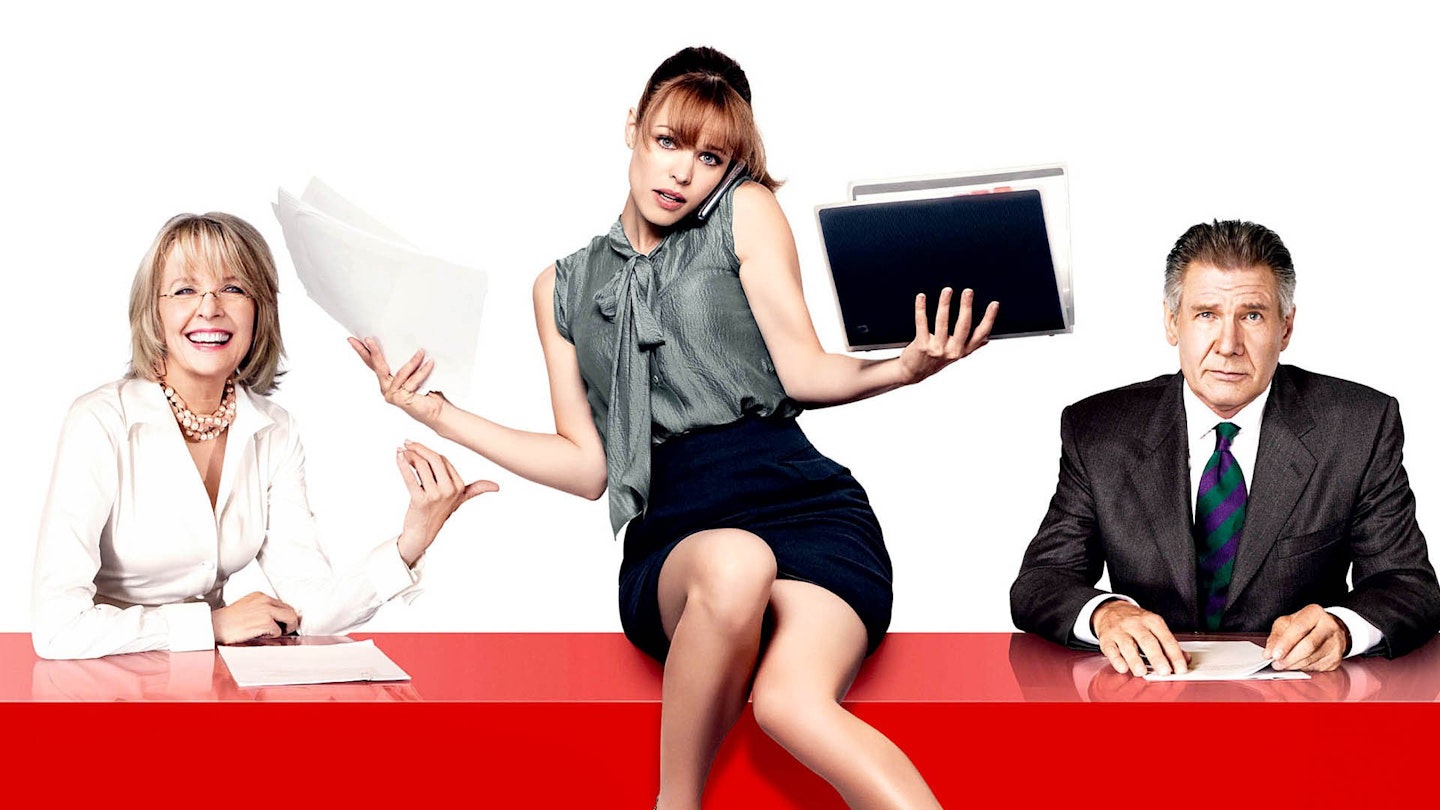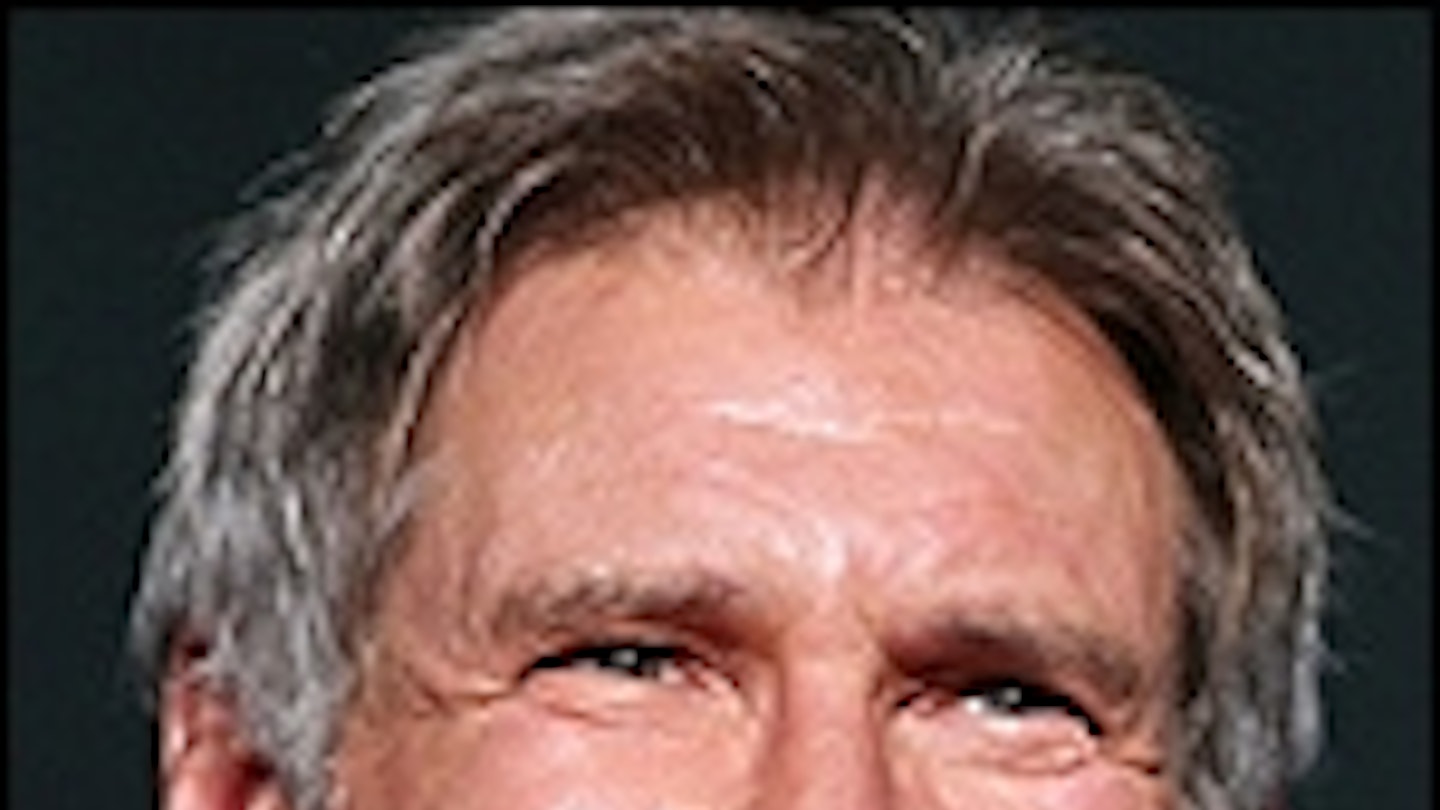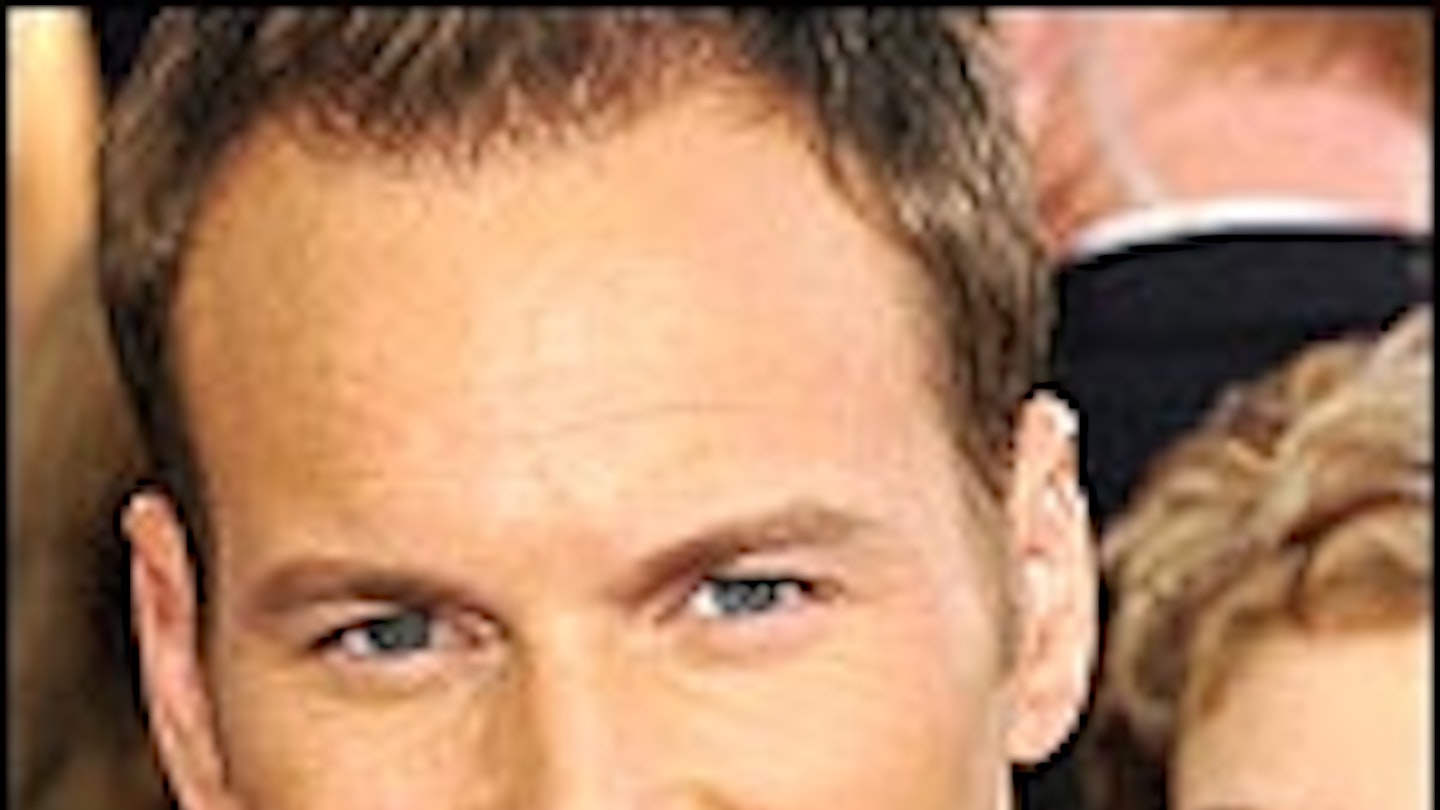Beneath the 50 Cameos and BlackBerry vs. bonking dilemmas, there is something likably old-school about Morning Glory. Roger Michell’s immensely enjoyable breakfast TV comedy is more Katharine Hepburn than Katherine Heigl, sharing DNA with the fast-paced, fast-talking flicks of ’30s and ’40s romantic comedies. It doesn’t have the wit of a Wilder or the salt of a Sturges, but it still delivers grown-up laughs (emerging from human behaviour) with fizz and charm to spare.
If it has the staples of a romcom — musical montages, comedy sex, Patrick Wilson — Morning Glory is more of a workcom, Michell’s direction nailing the hubbub and energy of any thriving workplace. US reviews have compared the movie (unfavourably) to Broadcast News as it doesn’t lambast the dumbing down of news, but that misses the point: this is intended as a breezier confection keeping Becky’s (Rachel McAdams) attempts to pump blood back into fourth-rated breakfast show Daybreak fast and fun, be it firing a pervy anchor addicted to websites about half-clad grannies, dealing with staff — a dim lifetsyle expert, a goofy weatherman — or bargaining for time with her boss (Jeff Goldblum in a less kooky, more bastard role).
Yet Becky’s biggest challenge is to wrangle venerated newsman and so-called “third worst person of all time” Mike Pomeroy (Harrison Ford). As the egotistical Pomeroy, Ford is a joy: his grump with gusto is as engaged as he’s felt in a long time. His sparring with Diane Keaton is delicious — watch them duel over who is the last to say “’bye” — and his scenes with McAdams trying to chisel a smile on his granite face a delight. There are times when you feel convention will mean he will thaw. Happily, he doesn’t. Terrifically bad-tempered, Ford could well transform from matinée idol into our generation’s Walter Matthau.
But as good as Ford is, the film’s ace in the hole is McAdams. In her hands, Becky is driven and smart, delivering her instructions in a sing-song-y gait, settling arguments with googly eyes. Previously plying her trade as attractive support (State Of Play, Sherlock Holmes) or misery-laden romantic leads (The Notebook, The Time Traveler’s Wife), she not only carries the movie, she lifts it to another level.



